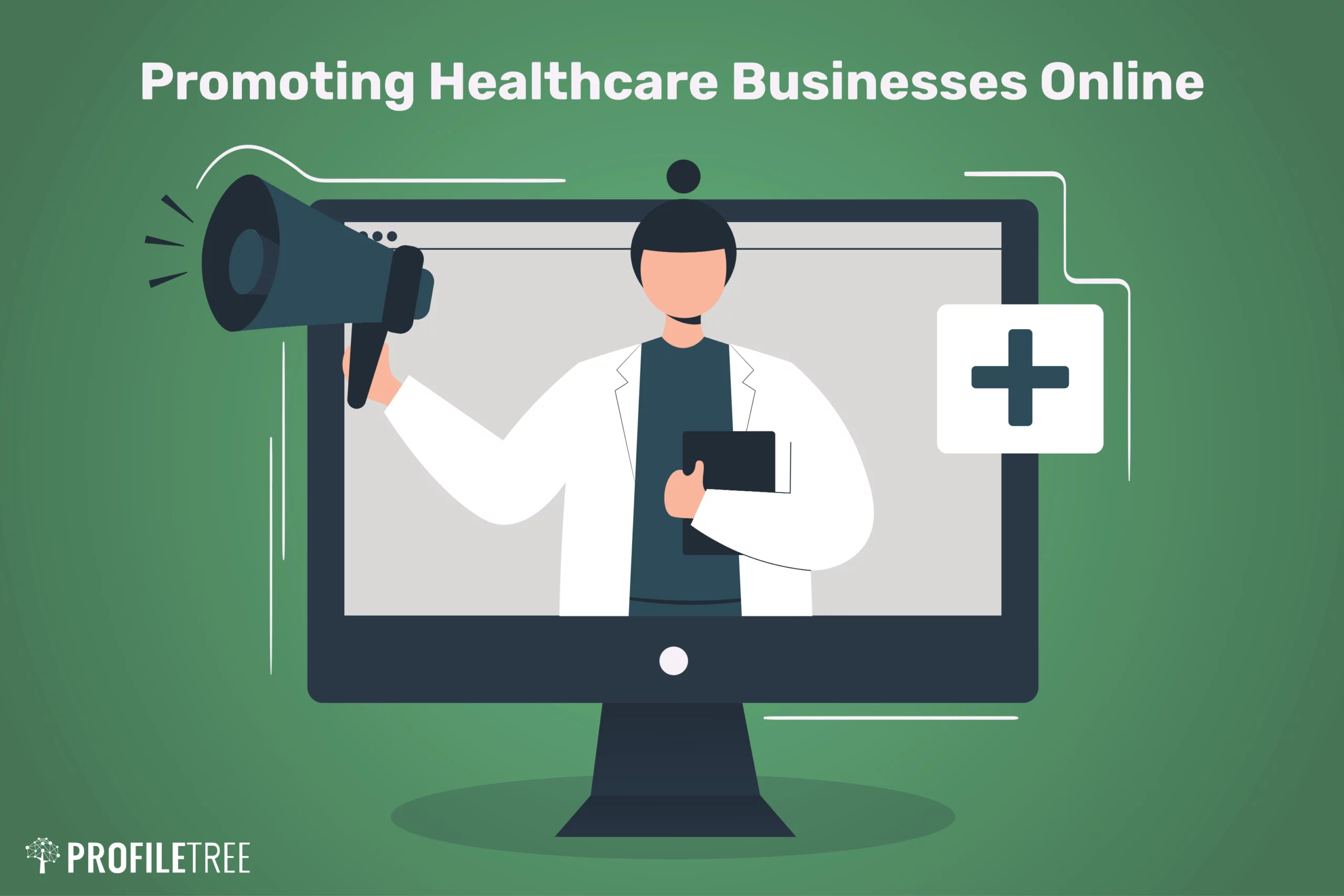How Subscription Based Healthcare is Transforming Patient Accessibility to Services
Navigating the Future of Medication With Subscription-Based Healthcare Provider
As the healthcare market progresses, subscription-based services arise as a crucial model assuring to reshape patient care shipment. The solutions to these questions can essentially modify our approach to health care.
Rise of Membership Health Care
As health care systems all over the world face enhancing stress from increasing costs and need for solutions, the advent of subscription-based medical care designs has actually become a transformative pattern. This ingenious strategy is disrupting conventional health care shipment by supplying a predictable, flat-rate repayment framework for medical solutions. Rooted in the principles of concierge medication, subscription-based medical care permits suppliers to concentrate on individualized client care while at the same time handling operational effectiveness.
The surge of this design can be credited to numerous factors. Technical developments have made it possible for more seamless combination of treatment with telehealth and electronic health records, promoting the scalability of subscription solutions. The enhancing consumer demand for transparency and predictability in medical care expenditures has driven the shift towards this model. Subscription-based solutions typically offer direct access to health care specialists, which can minimize the administrative problems associated with insurance policy cases and repayments (subscription based healthcare).
This design is obtaining grip amongst diverse healthcare suppliers, from health care physicians to specialized facilities, by aligning monetary rewards with precautionary and continual care. By shifting the focus from volume to value-based treatment, membership medical care has the potential to improve the landscape, promoting a much more patient-centered and lasting method to wellness administration.
Advantages for Patients

In addition, subscription-based solutions often stress precautionary care, urging normal examinations and health and wellness testings. This proactive strategy can lead to very early detection of health and wellness issues, potentially improving outcomes and minimizing lasting medical care expenses for people. Such models commonly supply transparent pricing, permitting clients to much better recognize their health care expenditures and avoid unforeseen clinical costs.
The personalized nature of subscription-based health care also improves client experience. Individuals can get tailored healthcare plans that suit their details needs, cultivating a much more patient-centric method. This customization can bring about enhanced patient contentment and adherence to treatment plans. Furthermore, registration services typically integrate wellness programs, sustaining clients in maintaining overall health and wellness and health. Eventually, these benefits collectively add to an extra efficient, cost-efficient, and patient-friendly healthcare experience.
Innovation's Duty in Improvement

Man-made intelligence (AI) plays a vital function in predictive analytics, assisting in very early diagnosis and tailored treatment plans. AI formulas assess large datasets to identify patterns that could be neglected by human observation, hence boosting scientific decision-making. Moreover, digital health records (EHRs) improve client info monitoring, making certain connection and comprehensibility of treatment across various solutions and service providers.
Blockchain technology improves data safety and security and personal privacy, important for keeping client trust fund in digital systems. It allows safe and secure and transparent deals of medical data, making certain that sensitive info stays secured. With the combination of artificial intelligence and AI, blockchain can automate complex health care procedures, reducing administrative concerns.
Obstacles and Factors To Consider
While technology moves the abilities of subscription-based wikipedia reference medical care solutions, it additionally presents a set of obstacles and considerations that must be dealt with to make certain effective implementation. One substantial challenge is the fair access of these solutions. As membership designs usually count on digital systems, there is a risk of worsening the digital divide, leaving people without web access or digital literacy. Making sure these services do not overmuch profit only tech-savvy and wealthy populations is necessary.
Information personal privacy and safety stand for an additional vital factor to consider. Subscription-based solutions often entail the collection and storage space of huge quantities of personal wellness info. Providers have to abide by stringent data defense laws to preserve individual depend on and stop unauthorized access, which might result in considerable moral and lawful effects.
Moreover, the sustainability of registration models poses an obstacle. As healthcare requires evolve, keeping a cost-efficient equilibrium in between membership charges and solution top quality is important to stop person discontentment and attrition. Integrating these solutions within standard health care systems needs smooth interoperability between systems, which is typically a complex and resource-intensive venture. Addressing these difficulties is important as subscription-based healthcare services remain to expand and evolve.
Future Implications for Medicine
Subscription-based healthcare services are poised to considerably influence the future landscape of medicine by reshaping how care is accessed and provided. These designs supply the prospective to equalize medical care access, giving individuals with more customized and timely treatments. By leveraging modern technology, such as telemedicine and information analytics, registration services can help with constant surveillance and tailored additional info wellness administration, thus enhancing outcomes and lowering the burden on typical health care systems.
As these solutions gain traction, they might stimulate a shift towards preventative treatment, stressing the relevance of very early detection and administration of chronic conditions. This positive technique might ultimately decrease healthcare expenses by mitigating the requirement for expensive therapies arising from late-stage disease monitoring. Subscription versions offer a scalable remedy to resolve differences in health care gain access to, particularly in underserved or country populaces.
Nevertheless, the shift towards subscription-based versions requires attending to moral and governing considerations, consisting of data privacy and fair accessibility. As the sector progresses, collective efforts in between policymakers, innovation developers, and medical care suppliers will be critical to developing durable structures that guard client passions while cultivating advancement. Inevitably, these solutions guarantee to add substantially to an extra efficient, patient-centered medical care environment.

Conclusion
Subscription-based health care solutions represent a considerable development in the medical area, providing foreseeable expenses and customized care that enhance access and focus on safety nets. Technological developments, such as telemedicine and AI-driven analytics, help with tailored individual experiences, enhancing general wellness end results. Nonetheless, difficulties such as data personal privacy and fair accessibility have to be addressed to make sure the extensive advantages of these services. As the medical care landscape evolves, membership versions are poised to play a vital role fit the future of medication. click here for info
As the healthcare market advances, subscription-based services arise as a pivotal model promising to reshape client care shipment.As health care systems around the world face raising stress from rising costs and demand for services, the advent of subscription-based health care designs has actually arised as a transformative pattern (subscription based healthcare).With the rise of subscription-based medical care designs reshaping typical medical care delivery, clients are starting to experience substantial benefits from this cutting-edge method. As medical care needs advance, preserving a cost-effective equilibrium between membership fees and solution top quality is crucial to prevent individual dissatisfaction and attrition.Subscription-based health care services are poised to considerably affect the future landscape of medicine by reshaping just how care is accessed and delivered